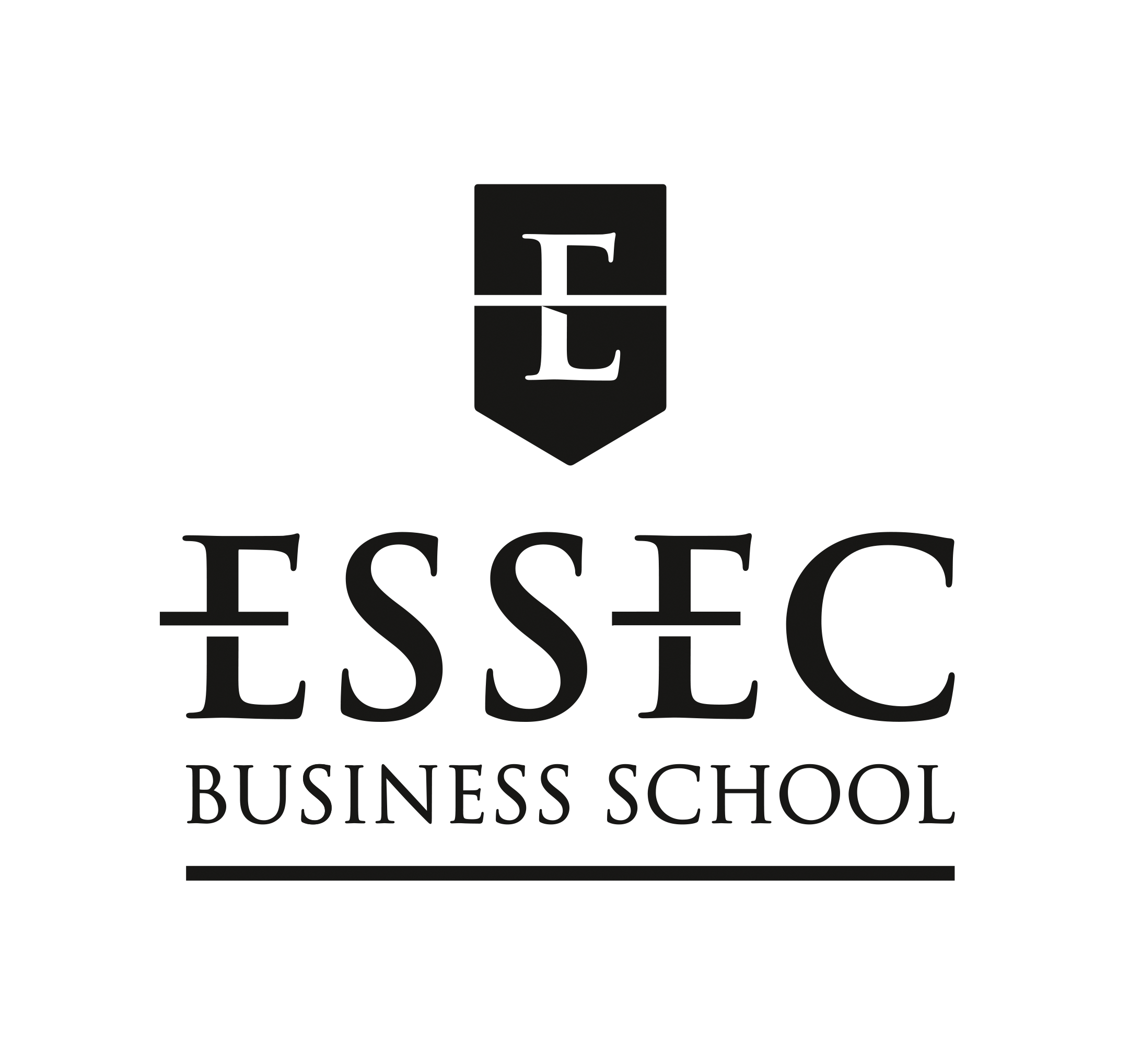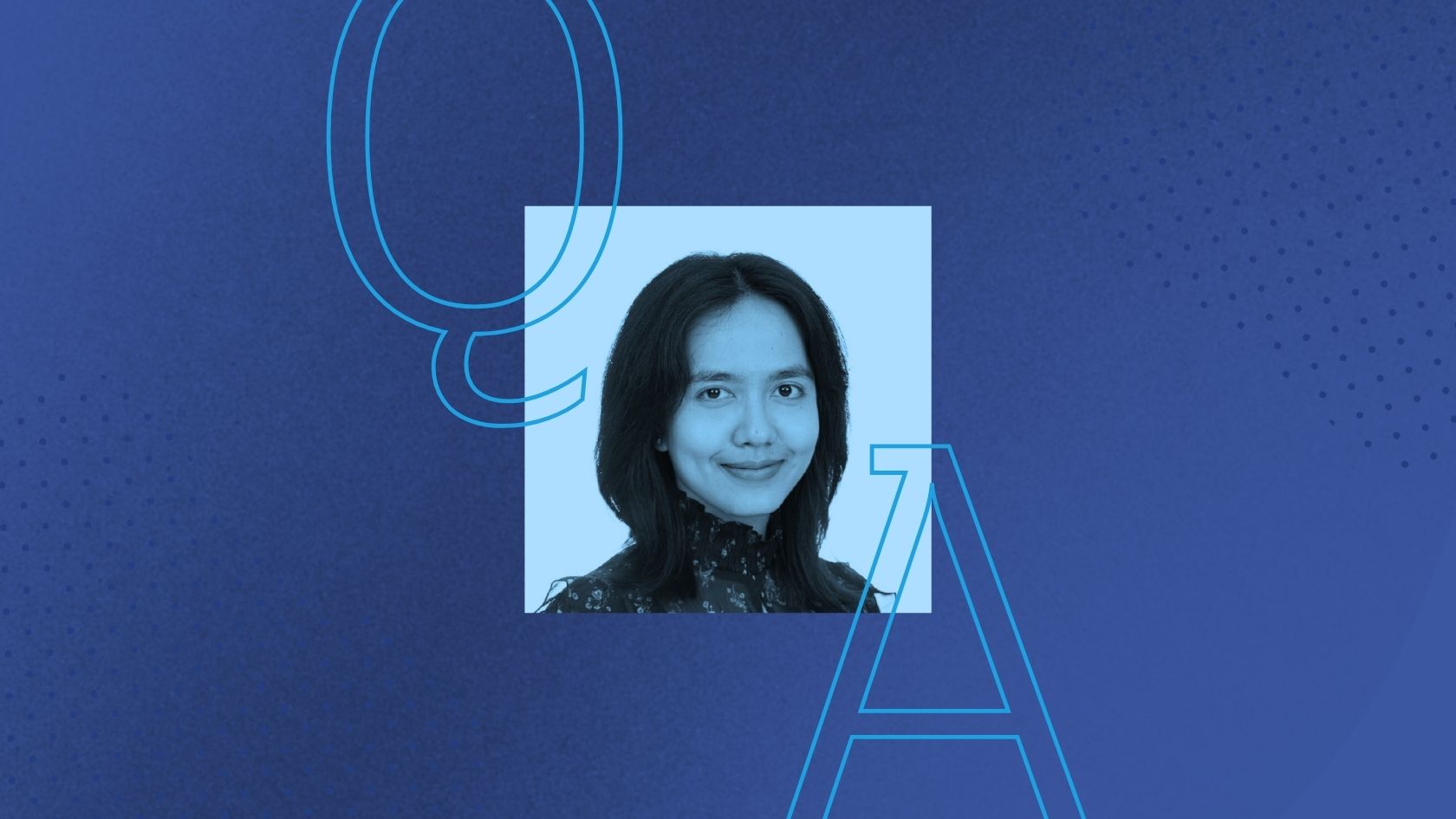Armed with a degree in finance and operations from Singapore Management University, Madeleine Guo began her career as a business associate at RSM International, a leading global network of audit, tax, and consulting firms. There, she served clients in industries from oil and gas to tech, education, and healthcare, gradually developing her interest in consulting.
Noting that she needed to upgrade her skill set to make the transition successfully, she began looking for a suitable master’s program.
She chose the ESSEC Master in Strategy & Management of International Business (SMIB) program in Asia-Pacific for its specialized consulting track and Asian Strategy Challenge (ASC). In this seven-month project, students consult with clients to solve real-world business problems.
But upon joining, she also found the SMIB mentorship program—exclusively available to those at the ESSEC Asia-Pacific campus—a huge benefit to her job search.
She shares her story.
We understand you joined Boston Consulting Group (BCG) as an associate. Tell us a little about your role.
I joined BCG as a generalist. This allows me to work with clients from different industries and cover various topics.
It fits perfectly with my career goals, as I wanted to join the consulting industry because BCG is one of the top consulting companies.
How did your mentor support you in finding this role?
Because my mentor was from BCG, he was able to give me great recommendations about resources to use for my interview preparation.
He also shared insights about the working culture and processes at the firm. His sharing resonated with me and enabled me to envision myself working at the firm, which ultimately helped me make an informed choice about the offers I received.
Beyond the job search, my mentor was incredibly supportive during the Asian Strategy Challenge.
My team had problems sizing the market, and he was able to provide insights and solutions about the additional data we would need and how we could use it for our project.
Why is mentorship important to young professionals like yourself?
Having a mentor with industry experience can help you understand more about the industry you hope to join and the work you will encounter.
Mentors can shed light on their work and industries and provide career guidance based on your strengths and interests.
Of course, it also depends on the mentor’s availability and how proactive you are in connecting.
Are there pitfalls that students should avoid when meeting their mentors?
Remember that it’s not about asking for referrals or jobs but about understanding your mentor’s experience in their current or past firm so you can visualize yourself in a similar environment.
That said, if, for example, your mentor is from P&G, but you are interested in the consulting sector, try not to force answers and grill them about things they are not familiar with.
Instead, find out what they know and divert your questions to their areas of expertise. You’ll be able to learn something valuable no matter what.
Any advice for SMIB students to make the most of the mentorship program?
I’d recommend taking the time to understand your mentor’s background and preparing questions in advance.
Also, don’t be shy about reaching out to your mentor—even if it means trying to contact them multiple times.
Now that I’m working in the same firm as mine, I’ve come to experience the fast pace of work and understand why there are times one might miss out on your messages.
RELATED POSTS
MiF Student Xuechun Kang: From Beijing to Singapore, Journey Through ESSEC’s Master in Finance Program
Meet Xuechun Kang, whose academic journey from Beijing to ESSEC in Singapore unlocked a passion for fintech and a clear path to commodities trading.
GBBA Student Sude Petek Yavaş: Coming Full Circle with Growth, Global Experiences, and Graduation in Singapore
From Turkey to Singapore, internships to exchanges—discover how this fourth-year Global Bachelor of Business Administration (GBBA) student turned her…
MiF Student Ambassador Anthony Delorme: How To Build a Global Finance Career From Singapore
From a French M&A analyst to a student leader spearheading finance events, Anthony Delorme leverages his ESSEC Master in Finance experience and…
Singaporean Success Stories at ESSEC Global BBA
Three local students share their transformative journeys at Singapore's premier French business school.
MiF Student: How Khine Soe San Found Purpose in Finance Through ESSEC APAC
Khine Soe San's finance journey, profoundly shaped by the ESSEC Master in Finance (MiF) program and an ADB internship, evolved from a numbers-driven…
MiM Student Emerson Huang: Finding Purpose and Perspective
ESSEC MiM student Emerson Huang’s globally focused academic path has taken him from Taiwan to Singapore and soon to Copenhagen, combining rigorous…








